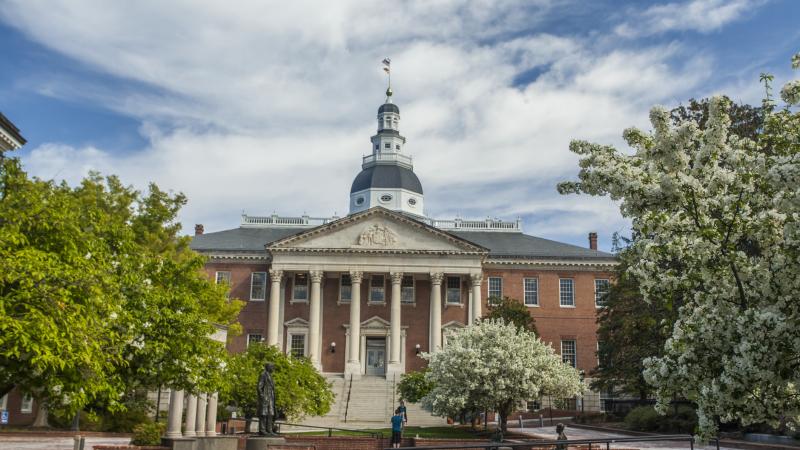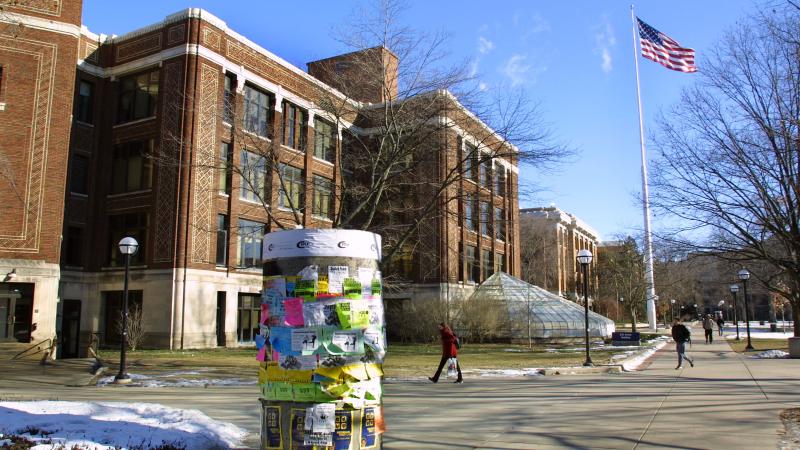Fifth Circuit squashes district court ruling on Texas election law, blocks another portion of it
Attorney General Ken Paxton immediately appealed to the Fifth Circuit asking it to block the ruling.
The U.S. Court of Appeals for the Fifth Circuit has squashed a district court’s ruling in a lawsuit filed over Texas’ election integrity law that went into effect in September 2021.
Before the Fifth Circuit ruled, the district court issued another ruling to block another provision of the law, less than one week before early voting begins on Oct. 21.
On Oct. 15, a panel of three Fifth Circuit judges, James Ho, Cory Wilson and Irma Carrillo Ramirez, blocked a ruling issued on Sept. 28 by U.S. District Judge Xavier Rodriguez on the ballot harvesting/canvassing restriction portion of the law. Rodrigues ruled it violated the First and Fourteenth Amendments of the U.S. Constitution. He also permanently enjoined the Attorney General, Secretary of State and district attorneys and their employees in three counties and a judicial district from enforcing it. He also prohibited the OAG from investigating instances of election fraud under the portion of the election code enjoined by the decision.
Attorney General Ken Paxton immediately appealed to the Fifth Circuit asking it to block the ruling. On Oct. 4, the Fifth Circuit granted his request for a temporary stay until Oct. 10 to allow parties to file their motions and responses with the court.
On Oct. 15, the Fifth Circuit permanently blocked Rodriguez’s ruling. Ho wrote the opinion for the panel. Ramirez issued a separate, brief concurring statement.
In his nine-page ruling, Ho said, “On the eve of elections in Texas, the district court has entered an injunction that impacts how ballots can be handled. It holds unconstitutional a law that has been on the books for over three years, but that the court did not see fit to enjoin until now. The Supreme Court has instructed lower courts not to unduly delay ordering changes to election law until the eve of an election. … We accordingly grant the State’s request for a stay of the injunction pending appeal.”
The ruling also allows the OAG to investigate allegations of election law violations.
The Fifth Circuit judges chastised Rodriguez’s ruling and timing for issuing it. Ho notes that the lawsuit was filed in August 2021 “but it was not until Sept. 28, 2024, three weeks before voting begins in Texas – and almost three years after the law went into effect – that the district court enjoined Defendants from enforcing the vote harvesting provision of S.B. 1.”
Ho’s ruling cites several U.S. Supreme Court decisions, which held that federal courts issuing injunctions in state lawsuits close to an election will likely “confuse voters, unduly burden election administrators, or otherwise sow chaos or distrust in the electoral process;” and “Late judicial tinkering with election laws can lead to disruption and to unanticipated and unfair consequences for candidates, political parties, and voters, among others.”
Other Supreme Court opinions are cited, including the court claiming, “late-in-the-day judicial alterations to state election laws can interfere with administration of an election and cause unanticipated consequences;” and “This Court has repeatedly stated that federal courts ordinarily should not enjoin a state’s election laws in the period close to an election, and this Court in turn has often stayed lower federal court injunctions that contravened that principle.”
Ho notes that Rodriguez issued the injunction after Texas counties “already started to mail absentee ballots. So Texans are about to cast ballots not subject to voter privacy protections currently on the books but rather subject to the injunction issued by the district court.”
Because the injunction only applied to five counties, “everywhere else in Texas, however, [the 2021 election law] remain[s] fully in effect,” Ho wrote. “It’s not difficult to imagine that voters and election officials alike may be confused by variations in the enforceability of Texas election law from county to county.”
Ho also pointed out that four conditions needed to be met in order to prove their case but the plaintiffs “fail at the very first step – the merits of their constitutional challenge to S.B. 1 is far from ‘entirely clearcut.’”
Before the Fifth Circuit squashed Rodriguez’s first ruling, Rodriguez issued another ruling on Oct. 11, banning a canvassing restriction section of the law. In his 114-page ruling, he argues part of the 2021 law that’s been in effect for three years, is preempted by Section 208 of the Voting Rights Act. He also permanently enjoined the defendants from implementing several aspects of the canvassing portion of the law, with some exceptions. The order also bans criminal investigations and prosecutions as well as civil litigation and penalties against election officials under the enjoined provisions.
The Secretary of State’s Office is appealing the Oct. 11 ruling to the Fifth Circuit. It also provided a litigation update to Texas election officials clarifying which portions of the law are in effect for the Nov. 5 election.













